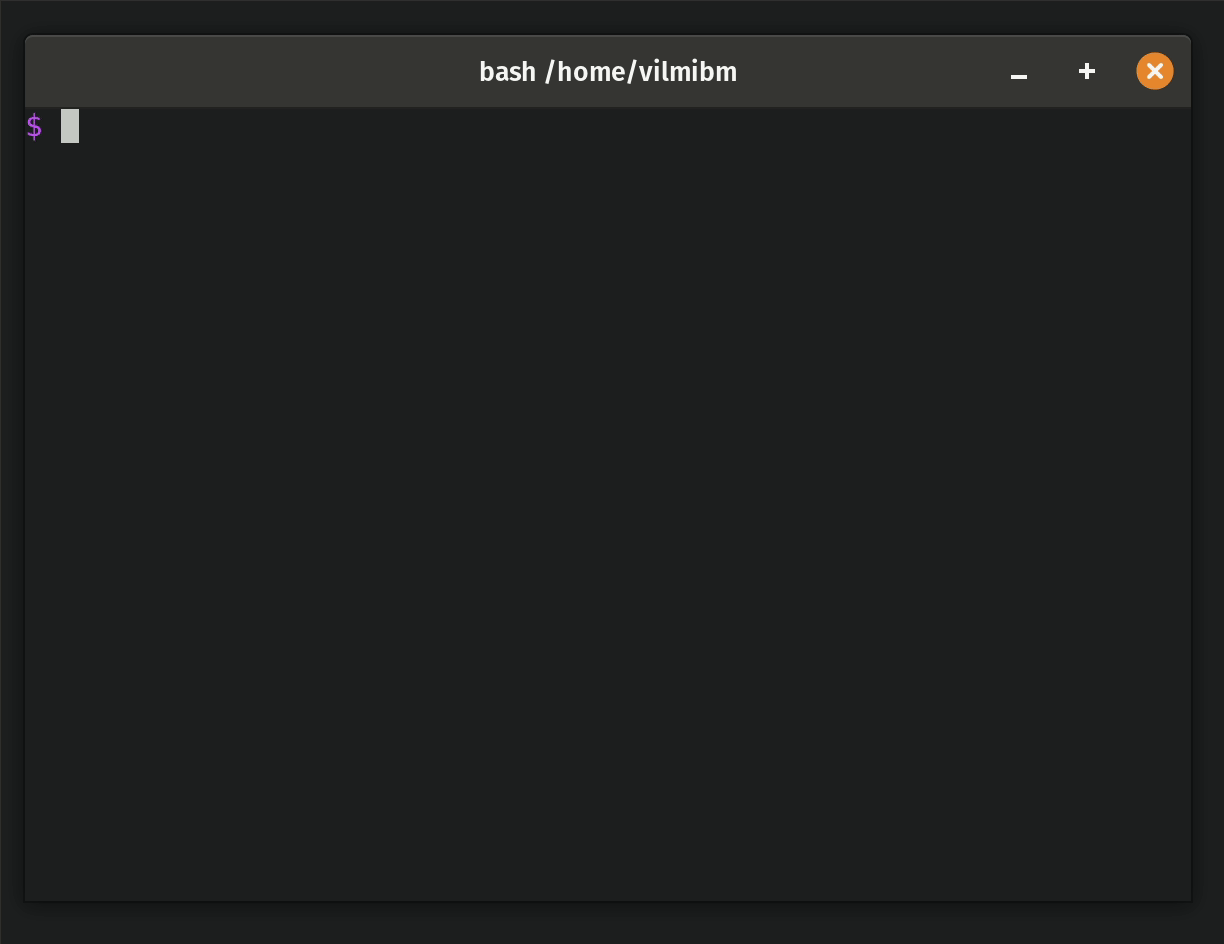The npm CLI team has been working hard over the past few months and are happy to announce the release of the next major version – v9.0.0
Installation
You can start using npm v9.0.0 today by running:
$ npm i -g npm@9About this release
Our goal with this major release was to standardize appropriate defaults and clean up legacy configurations where possible. We believe the changes made lay the ground-work for future improvements to the default npm experience long-term. Notably, Docker users should find this release to to be beneficial as we simplifie file permissions (ref. #5703 & #5704).
Timeline to GA
Although we have published v9.0.0, we are not immediately setting this release to latest in the npm registry or considering this “Generally Available.” Our team has been coordinating with the Node.js Release WG on a phased approach to making v9 the next major version of the CLI available to the widest audience; this means ensuring v9 can be safely backported to as many Node.js LTS versions as possible. With that in mind, we’ve put together a phased roll-out plan outlined below:
- Wednesday Oct. 19th
npm@9.0.0was released & set to thenext-9dist-tag (previously used for pre-releases)- The CLI team will continue to cut minor & patch versions of
v9.x, addressing any feedback or unexpected issues arising from the breaking changes (outlined below)
- Wednesday Nov. 9th (General Availability)
- To ensure
npm@9.xis considered "non-breaking" for Node.js LTS we will codify a set of exit criteria in collaboration with the Release WG npm@9.xwill be set to thelatestdist-tag (becoming the latest, maintained version ofnpm)- A PR will be opened to land
npm@9.xinnodejs/node'smainbranch (exposing experimental/nightly users to this latest version)
- To ensure
- Wednesday Dec. 7th (~4 weeks after GA)
- A PR will be opened to backport
npm@9.xinnode@19
- A PR will be opened to backport
- Wednesday Jan. 18th (~6 weeks after
node@19backport)- A PR will be opened to backport
npm@9.xinnode@18
- A PR will be opened to backport
⚠️ Notable Breaking Changes
- the compatible semver ranges of
nodehave been updated to:^14.17.0 || ^16.13.0 || >=18.0.0 npmwill no longer attempt to modify ownership of files it creates- the presence of auth related settings that are not scoped to a specific registry found in a config file is no longer supported and will throw errors
login,adduser, andauth-typechanges- legacy auth types
sso,saml&legacyhave been consolidated into"legacy" auth-typedefaults to"web"loginandadduserare now separate commands that send different data to
the registry.
- legacy auth types
npm packnow follows a strict order of operations when applying ignore rules. If afilesarray is present in thepackage.json, then rules in.gitignoreand.npmignorefiles from the root will be ignored.- links generated from git urls will now use
HEADinstead ofmasteras the default ref timingandloglevelchangestiminghas been removed as a value for--loglevel--timingwill show timing information regardless of
--loglevel, except when--silent
--timingfile changes:- When run with the
--timingflag,npmnow writes timing data to a
file alongside the debug log data, respecting thelogs-diroption and
falling back to<CACHE>/_logs/dir, instead of directly inside the
cache directory. - The timing file data is no longer newline delimited JSON, and instead
each run will create a uniquely named<ID>-timing.jsonfile, with the
<ID>portion being the same as the debug log. - Finally, the data inside the file now has three top level keys,
metadata,timers, andunfinishedTimersinstead of everything being
a top level key.
- When run with the
npmnow outputs some json errors on stdout. Previouslynpmwould output all json formatted errors on stderr, making it difficult to parse as the stderr stream usually has logs already written to it.- deprecated boolean install flags in favor of
--install-strategy- deprecated
--global-style,--globalnow sets--install-strategy=shallow - deprecated
--legacy-bundling, now sets--install-strategy=nested
- deprecated
npm config setwill no longer accept deprecated or invalid config optionsinstall-linksconfig defaults to"true"node-versionconfig has been removednpm-versionconfig has been removednpm accesssubcommands have been renamednpm birthdayhas been removednpm set-scripthas been removednpm binhas been removed (usenpxornpm execto execute binaries)
Notable Features
a09e19d#5696 newnpm config fixcommand (@nlf)3445da0npmtimings are now written alongside debug log files (@lukekarrys)6ee5b32query: now displaysqueryContextin results (@nlf)314311c#5550 separatedlogin/adduser(@wraithgar)de2d33fadd--install-strategy=hoisted|nested|shallow(#5709) (@fritzy)
For more information about this release, check out the GitHub release notes.




